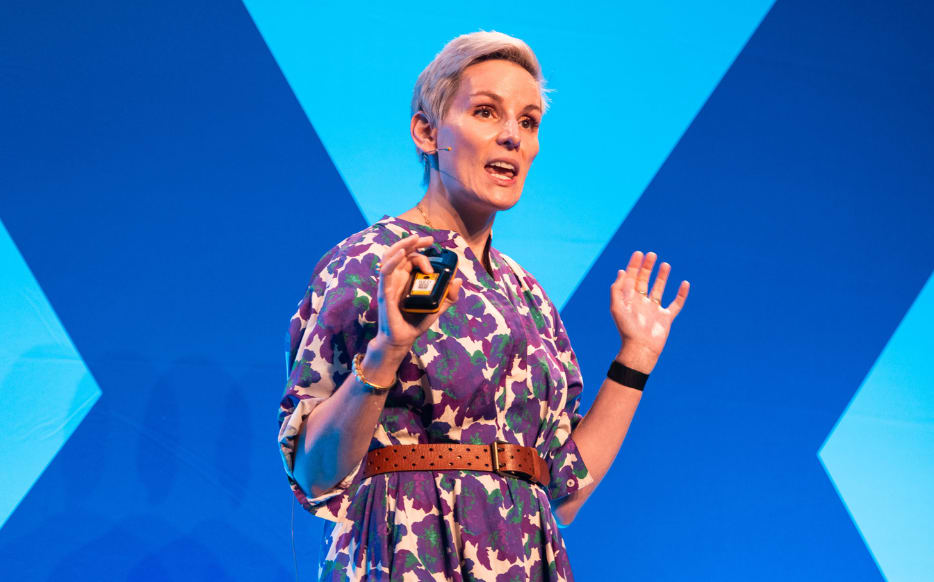This is your last article that you can read this month before you need to register a free LeadDev.com account.
Your inbox, upgraded.
Receive weekly engineering insights to level up your leadership approach.
Estimated reading time: 2 minutes
Atlassian’s latest State of DevEX report reveals 68% of developers save over 10 hours weekly using generative AI, yet many do not feel more productive due to organizational bottlenecks.
Atlassian’s 2025 State of DevEx report surveyed 3,500 developers across six countries. It found that developers are largely using time saved with AI to improve code quality and ship new features.
However, the report also highlights that these AI gains are largely being offset. Half of developers say they still lose more than 10 hours weekly due to non-technical blockers, such as fragmented workflows, poor cross-team collaboration, and difficulty accessing information. A further 90% report losing at least six hours a week for similar reasons.
“This pressure-cooked mix of innovation and strain demands a closer look at how AI is reshaping the developer experience, and what that means for the future of software development across the industry.” Rajeev Rajan, CTO at Atlassian, wrote in his foreword for the report.
More like this
Time saved vs productivity perception gap
While AI tools are proving effective at accelerating code-related tasks, developers remain unconvinced about their overall impact on productivity.
Supporting this finding, only 6% of the 617 engineering leaders surveyed in LeadDev’s March 2025 Engineering Leadership Report reported a significant boost in productivity from AI tools. Despite the hype, 39% of respondents to LeadDev’s survey reported more minor productivity gains of between 1-10%.
The excitement surrounding AI coding assistants often overlooks the realities of everyday engineering work.
Atlassian’s data further indicates that code generation represents just 16% of a developer’s workweek. The remaining 84% involves activities such as planning, documentation, reviewing, and communication – areas that AI tools currently support to a much lesser degree.
“We need to stop talking about AI as a magic fix and instead focus on the specifics: where are the biggest points of friction for developers, how can AI help alleviate that friction, and specifically how should developers use AI tools to overcome that friction and move faster?” Laura Tacho, CTO at DX told LeadDev earlier this year.
Structural challenges continue to limit efficiency
Both reports highlight persistent structural issues as the leading obstacle to sustainable productivity improvements. In Atlassian’s survey, the top three time-wasting activities reported were difficulty finding information, lack of clear direction from leadership, and poor collaboration between teams.
Developers who are able to self-serve documentation and knowledge were found to be 4.4 times more productive.
Organizations with 500 developers could be losing up to $7.9 million annually due to these inefficiencies, according to Atlassian’s estimates. Technical debt was also flagged as a significant source of friction, increasing both delivery time and long-term maintenance costs.

London • June 2 & 3, 2026
LDX3 London agenda is live! 🎉
Leadership gap
A growing gap between leadership and engineering teams is another concern. Atlassian’s report found that 63% of developers believe senior leaders do not understand the day-to-day challenges they face – an increase of 19 percentage points from the previous year.
This disconnect is highlighted by Andrew Zigler, senior developer advocate at LinearB, who told LeadDev that, “too many AI tools are brought in through top-down enthusiasm rather than bottom-up validation. If the people writing the code aren’t involved in the decision, there is a risk of addressing the wrong problems or creating new ones.”
While generative AI continues to advance rapidly, both studies suggest that large language models (LLMs) alone will not solve the productivity challenges facing development teams.




